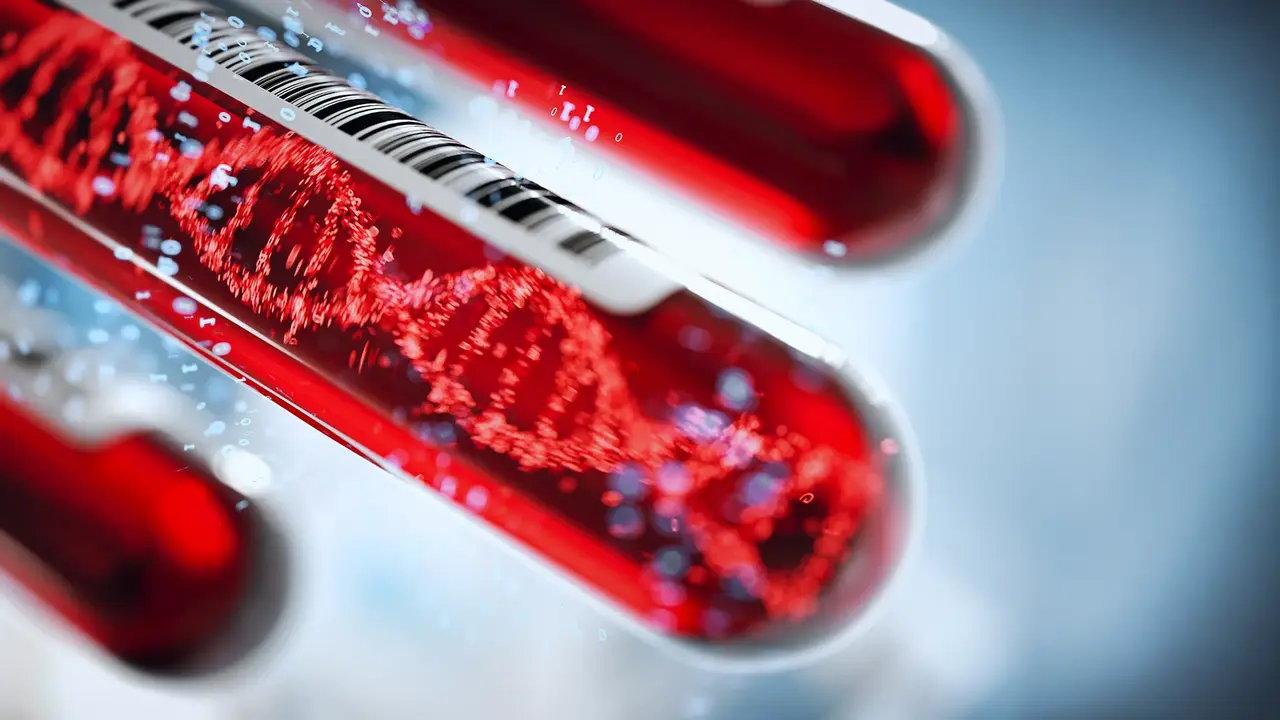A new study from Johns Hopkins University has shown that cancer leaves genetic traces in the body years before it is diagnosed. According to the study, genetic material left in the blood by tumors can be detected three years before diagnosis with ultrasensitive blood tests.
A major breakthrough in cancer diagnosis
The results strengthen the possibility that early diagnosis can be made much earlier. “We were surprised to see that we can detect cancer-causing mutations so early. Being able to intervene three years before diagnosis increases the likelihood that tumors are much earlier and more treatable,” said Dr. Yuxuan Wang, lead author of the study.

The researchers analyzed plasma samples collected in a large-scale NIH study called Atherosclerosis Risk in Communities (ARIC), which was launched earlier to investigate risk factors for diseases such as heart attack, stroke and heart failure.
The study compared the blood of 26 cancer patients whose blood samples were taken six months before diagnosis with 26 individuals who had the same conditions but had not been diagnosed with cancer. Analysis of the samples revealed that eight participants had positive results for the multi-cancer early detection (MCED) test in their blood.
All eight individuals were diagnosed with cancer within four months of the blood sample being taken. Six of these eight individuals also had blood samples taken approximately 3.1 to 3.5 years before diagnosis. In the analysis of these older samples, tumor-related mutations were detected again in four individuals.
Being able to detect cancer years before clinical symptoms appear offers the opportunity to positively change the course of the disease. These results show that screening tests performed through blood not only facilitate early diagnosis, but also have revolutionary potential in terms of treatment planning and disease management.













